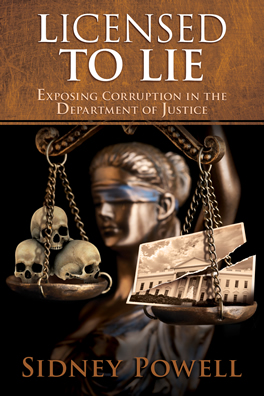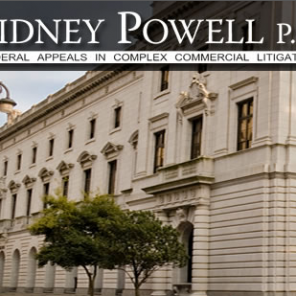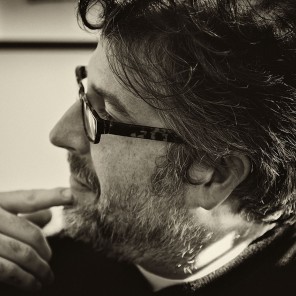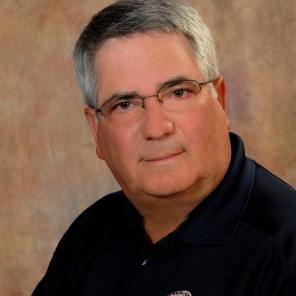One Small Step: Immunity Doctrines Do Not Shield All Rogue Prosecutors
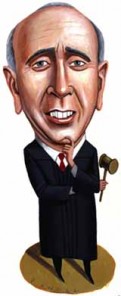 Boldly going where virtually no Federal Court of Appeals has ever gone before, a split panel of the Seventh Circuit in Fields v. Wharrie, in an opinion written by Judge Richard Posner, held this week that a prosecutor is not entitled to absolute immunity when his wrongful conduct is committed during the investigation of a case which results in a wrongful conviction. Here Lawrence Wharrie (an attorney still admitted to practice in Illinois and without any record of disciplinary history) fabricated [as distinct from coercing false testimony] evidence against a defendant [during the investigative stage]. Accordingly, Judges Posner and Joel Flaum held that the prosecutor is not entitled to “absolute prosecutorial immunity” nor to “qualified immunity” for the harm caused to the criminal defendant from that fabrication. Specifically, Wharrie coerced witnesses to give testimony that Wharrie and other Prosecutors (as well as the witnesses) knew to be false, resulting in Nathson Fields’ conviction of two murders and his imprisonment for 17 years until he was acquitted in a retrial. [Mr. Fields subsequently received a certificate of innocence from the court in which he had been tried]. Judge Diane Sykes dissented from the crucial holding.
Boldly going where virtually no Federal Court of Appeals has ever gone before, a split panel of the Seventh Circuit in Fields v. Wharrie, in an opinion written by Judge Richard Posner, held this week that a prosecutor is not entitled to absolute immunity when his wrongful conduct is committed during the investigation of a case which results in a wrongful conviction. Here Lawrence Wharrie (an attorney still admitted to practice in Illinois and without any record of disciplinary history) fabricated [as distinct from coercing false testimony] evidence against a defendant [during the investigative stage]. Accordingly, Judges Posner and Joel Flaum held that the prosecutor is not entitled to “absolute prosecutorial immunity” nor to “qualified immunity” for the harm caused to the criminal defendant from that fabrication. Specifically, Wharrie coerced witnesses to give testimony that Wharrie and other Prosecutors (as well as the witnesses) knew to be false, resulting in Nathson Fields’ conviction of two murders and his imprisonment for 17 years until he was acquitted in a retrial. [Mr. Fields subsequently received a certificate of innocence from the court in which he had been tried]. Judge Diane Sykes dissented from the crucial holding.
Judge Posner began by rhetorically setting the issue:
Wharrie is asking us to bless a breathtaking injustice. Prosecutor, acting pre‐prosecution as an investigator, fabricates evidence and introduces the fabricated evidence at trial. The innocent victim of the fabrication is prosecuted and convicted and sent to prison for 17 years. On Wharrie’s interpretation of our decision in Buckley, the prosecutor is insulated from liability because his fabrication did not cause the defendant’s conviction, and by the time that same prosecutor got around to violating the defendant’s right he was absolutely immunized. So: grave misconduct by the government’s lawyer at a time where he was not shielded by absolute immunity; no remedy whatsoever for the hapless victim.
Drawing a distinction between those prosecutorial tasks shielded from liability and those extra-prosecutorial acts not entitled to such protection, Judge Posner writes that in this and like cases,
[a] prosecutor cannot retroactively immunize himself from conduct by perfecting his wrongdoing through introducing the fabricated evidence at trial and arguing that the tort was not completed until a time at which he had acquired absolute immunity. That would create a ‘license to lawless conduct,’which the Supreme Court has said that qualified immunity is not to do.
While the result is an avowedly small step, arguably sui generis, at odds with extant precedent on causation and damages (as persuasively albeit depressingly argued in a dissent by Judge Sykes, herself no friend to the rights of defendants), and noticing a discrete remedy rarely on offer except to a miniscule subset of wrongly convicted defendants, we can and do applaud Judge Posner’s willingness to fashion some remedy for the “breathtaking injustice” inflicted on Mr. Fields.
Let’s hope the result stands and triggers a re-evaluation of the policy choices [which Judge Sykes provocatively expounds in her dissent], animating the inadequacy of the law in this area. Immunity should never exist to protect those who are supposed to be servants of the citizens, guardians of justice, and champions of the law from their deliberate, knowing and egregious wrongs in blatant violation of their solemn oaths, duties, and responsibilities.
As this Washington Post editorial noted recently, it is time for a national discussion of this important issue.
TEL


